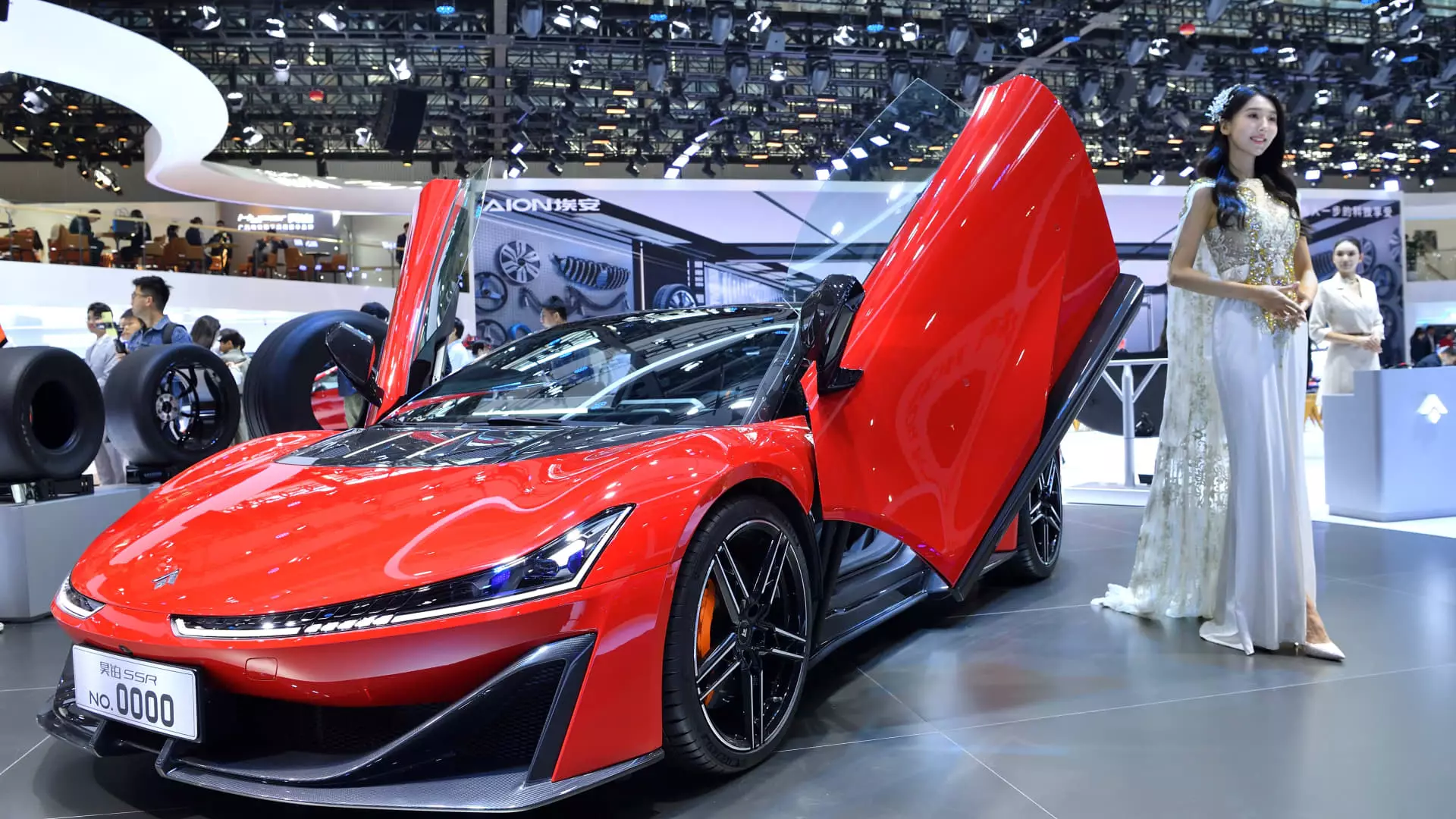Recently, China has expressed its desire for the European Union to reconsider its decision to impose provisional tariffs on Chinese electric vehicles. This request comes after both parties agreed to engage in new discussions regarding the issue. The tariffs, set to take effect by July 4 if unresolved, have sparked concerns about the potential repercussions on the economic and trade relations between China and the EU.
China’s commerce minister Wang Wentao and Valdis Dombrovskis, the executive vice president of the European Commission, have initiated talks to address the EU’s anti-subsidy investigation into Chinese EVs. The Chinese government aims for the European Commission to retract its tariff decision and comply with World Trade Organization regulations. The looming threat of provisional duties of up to 38.1% on Chinese EV imports, in addition to the existing 10% duty, has raised alarms about the negative impact on both parties.
If the EU proceeds with its tariff implementation, it could trigger countermeasures from China, leading to a lose-lose situation for all involved. The economic and trade cooperation between China and the EU is vital, and any disruptions could have far-reaching consequences. Observers have emphasized the importance of finding a mutually beneficial solution to avoid escalating tensions between the two global economic powerhouses.
China has vehemently opposed the tariffs, labeling them as “blatant protectionism” that may infringe upon WTO guidelines. Chinese officials have criticized the EU’s investigation into Chinese EVs as biased and lacking credibility. The call for the revocation of the tariffs reflects China’s commitment to upholding fair trade practices and protecting its interests in the global market.
As the deadline for the imposition of tariffs draws near, it is imperative for China and the EU to engage in constructive dialogue to find a resolution. Both parties have a vested interest in maintaining a stable and cooperative economic relationship. By working together to address concerns and reach a consensus, China and the EU can demonstrate their commitment to fostering mutual prosperity and trade cooperation.
The ongoing dispute over tariffs on Chinese electric vehicles underscores the complexities of international trade relations. It is essential for China and the EU to navigate these challenges with diplomacy and goodwill to uphold the principles of free and fair trade. By seeking common ground and finding solutions that benefit both sides, China and the EU can ensure a harmonious economic partnership for the future.


Leave a Reply